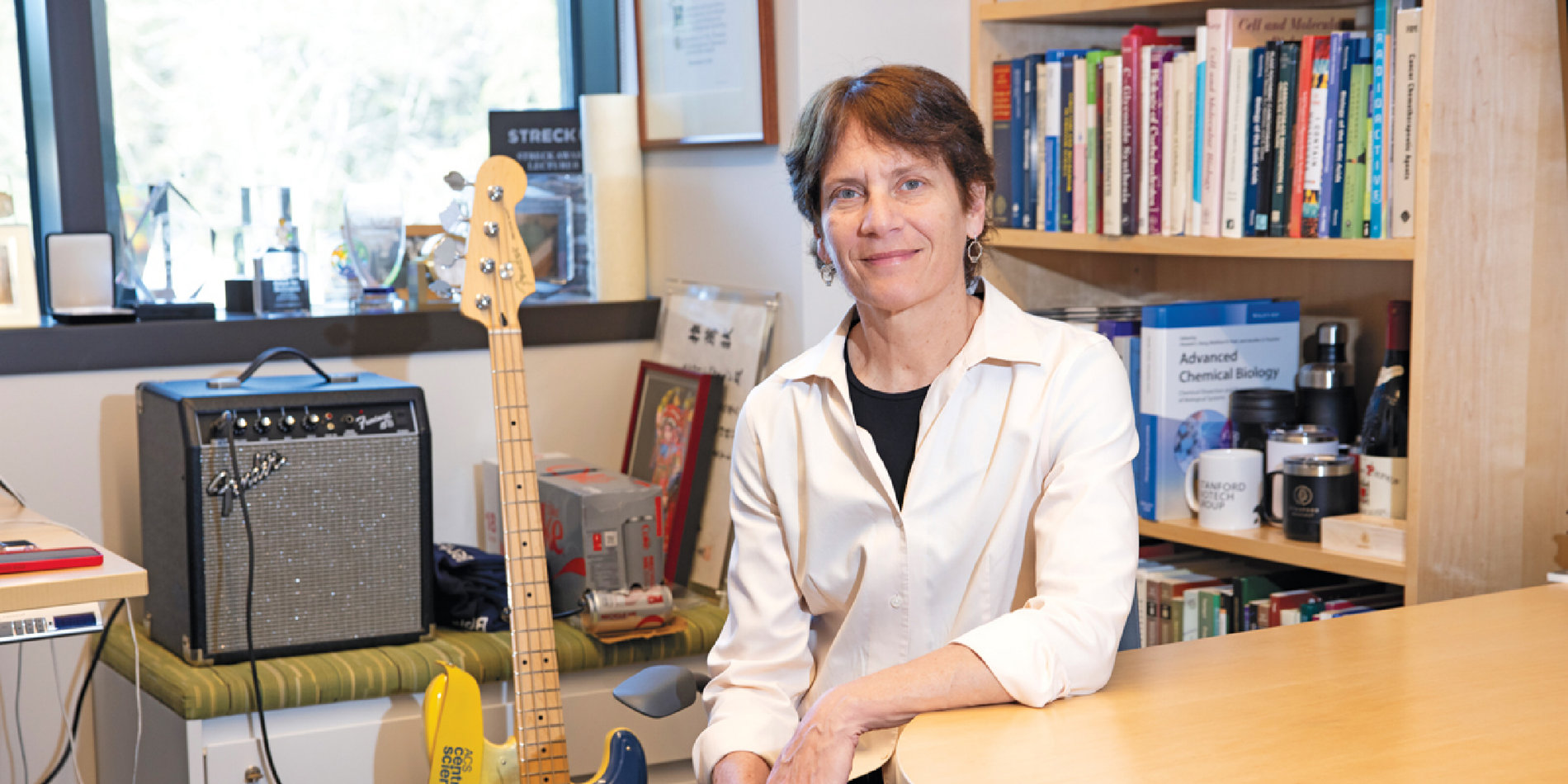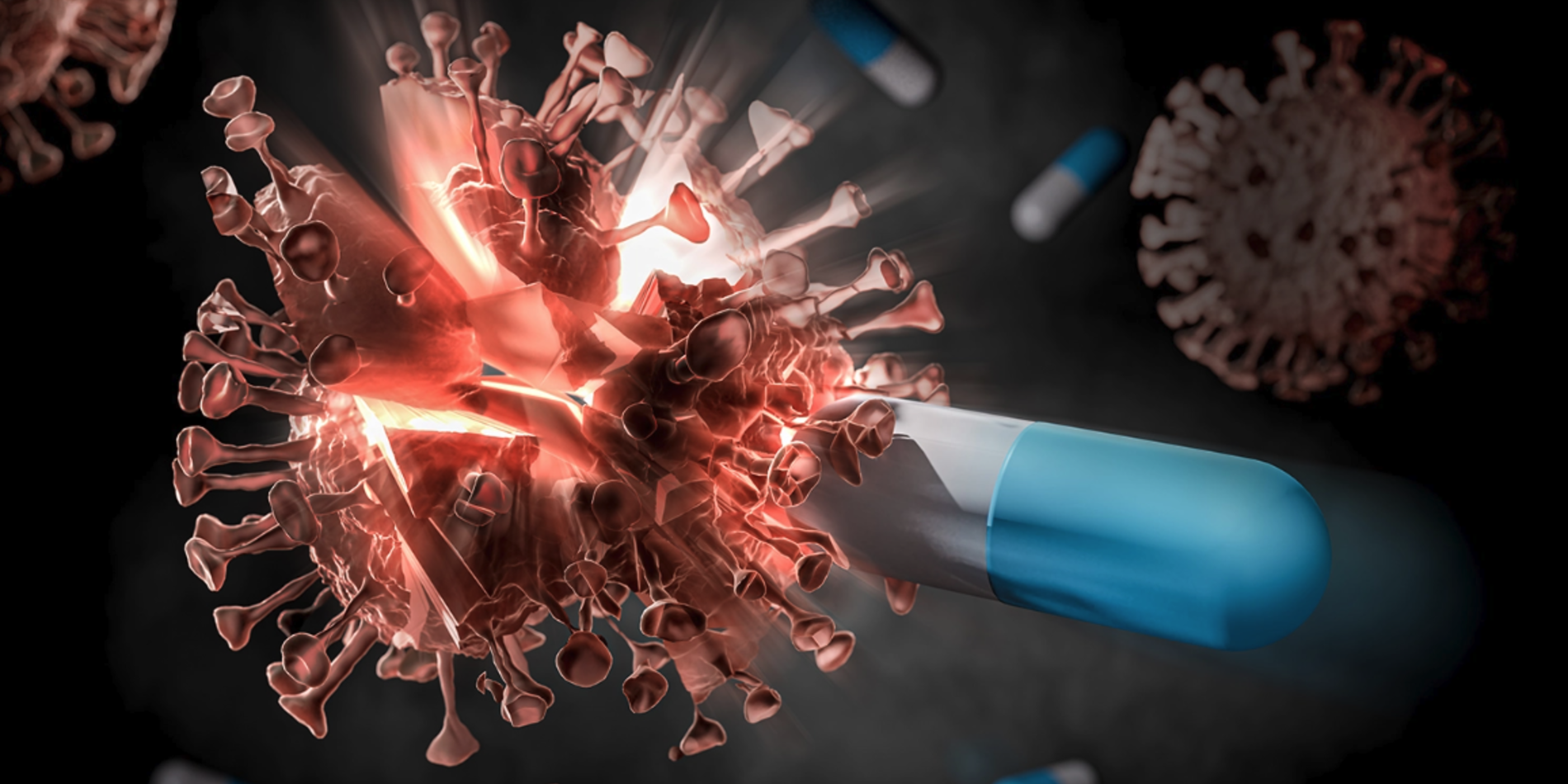Kolade Adebowale awarded NIH predoctoral fellowship for cancer immunology research
Stanford ChEM-H Chemistry-Biology Interface trainee Kolade Adebowale has been awarded a fellowship from the National Cancer Institute (NCI), part of the National Institutes of Health (NIH), to study the physics of how the tumoral environment affects the immune system’s ability to fight back.

“This funding has given me the opportunity to combine different fields and pursue something I have a personal interest in,” said Adebowale. “It will help me grow confidence and independence as a scientist.”
Adebowale, a chemical engineering graduate student, works in the lab of Ovijit Chaudhuri, assistant professor of mechanical engineering and Faculty Fellow at Stanford ChEM-H. He studies the mechanical properties of tissues, looking at how the “squishiness” of a cell’s environment impacts cell behavior.
Adebowale is using this funding to research how cancers might leverage this “squishiness” property, called viscoelasticity, to control macrophages, patrolling immune cells that can either act to promote or inhibit tumors.
“Macrophages can either be good kids or bad kids,” Adebowale explained. “One line of thinking is that, in cancer, they are mostly bad kids. We are hoping to find out if it’s possible to train them to go from bad kids back to good kids, or to minimize how much they contribute to cancer’s progression.”
His strategy involves making synthetic biomaterials whose properties mimic those that could exist in human cancers and observing if macrophages adopt a pro-tumor status in response. These viscoelastic materials, like clay, behave like a solid when put under pressure, but flow like a liquid when left alone.
He ultimately hopes that a better understanding of the mechanical properties of tissues impacts the interaction between these immune cells and cancer could improve outcomes for patients and reduce the family, public and societal burden of the disease.
The Ruth L. Kirschstein National Research Service Award (NRSA) for Individual Predoctoral Fellows (F31) provides three years of financial support for current PhD students pursuing health-related research.



